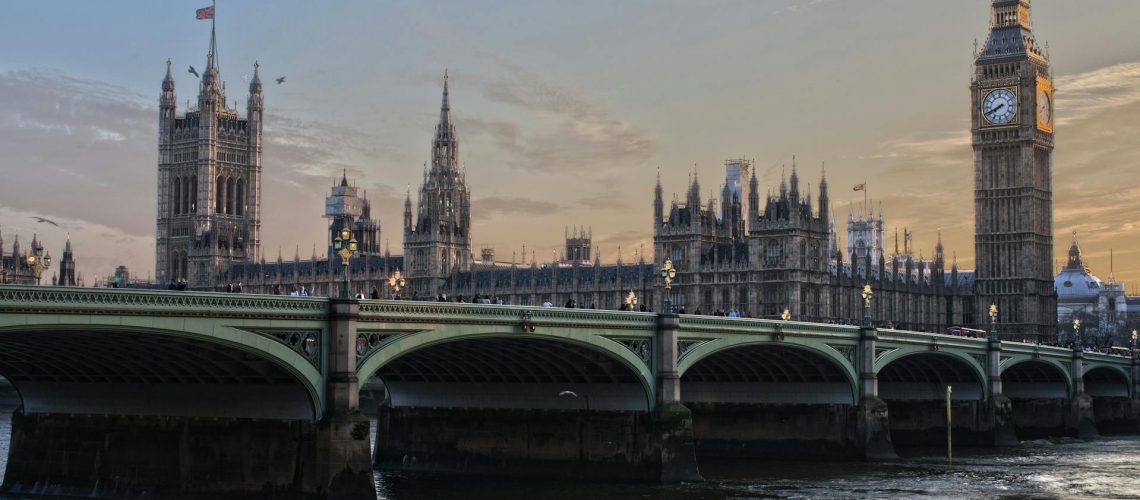In the run up to the UK General Election in July 2024, the Labour Party pledged in its manifesto not to raise tax rates on certain taxes for working people within the duration of the next parliament.
This commitment was not entirely clear, when it came to the precise detail of what this meant, but it does seem to represent a level of protection against wholesale change on these frontline taxes, which are VAT, Income Tax and National Insurance.
This pledge did not extend to protecting Inheritance Tax (IHT).
Since coming into power and forming a government with a significant working majority, the Labour Government has been signalling that fiscal policy is going to have to tighten, and this has been accompanied by some fairly broad statements which suggest they will soon be targeting some of the non-protected taxes, such as IHT.
Their first major opportunity to enact any change, comes on October 30th 2024, with the Autumn Financial Statement.
There seems to be a high probability that this could include alterations to IHT, alongside other measures, with some commentators suggesting that this is a tax which could, with an adjusted framework, raise another £2 billion or so per year.
The outgoing Conservative Government had already overseen some incremental steps to increase the government’s take from Inheritance Tax. They did this through stealth measures, namely a long-term freezing of the basic allowance known as the Nil Rate Band.
The IHT tax rate of 40% has been set at that level for many years now, but the frozen allowance has the effect of drawing in more ‘estates’ into the net. Likewise, for estates already above the IHT ‘Nil Rate’ threshold, as those estates grow, the amount of tax payable increases, as the growth is all subject to taxation.
This shows up in the Inheritance Tax numbers, whereby record receipts and numbers of estates are being impacted, even though the percentage rate of tax payable (40%) has stayed the same.
A trendline is in place, and any possible new changes would elevate this trend further, meaning more estates get impacted, meaning more tax payable by those estates.
What does this mean in terms of what individuals, couples and families should do about this?
The answer is to engage in Estate Planning.
As things stand under the current legislation, the liability to IHT typically occurs on death (not always, but in the vast majority of cases).
The rules today are not relevant, it is the position at the time of death that is relevant. There are possible exceptions to this, such as when large lifetime gifts are made, so we need to tread carefully. But most IHT is paid on death. That means the liability to IHT is not really a current liability.
For example, an individual who made plans, to reduce or avoid their IHT liability, in 2015, and is still living today, does not have a realised liability on their estate at this moment of any amount. If they survive another 20 years, under current rules, there is no liability until 2044.
Of course, the liability could arise tomorrow as well.
This means IHT is a slightly unusual tax, as it is a moving position, related to both the changing rules and rates, but also to the individual’s date of death.
In the case of a couple, this relates to the second death, assuming they utilise spousal exemptions.
This throws up many options for straightforward planning to mitigate the tax payable, and in many cases to avoid it altogether.
This could be one of the things that gets targeted in the near future, because the wealth from inheritances, whilst raising around £7 billion for government in this year, is still a small fraction of all transferred wealth – that is currently available to be taxed.
It doesn’t make too much sense for the government to make big changes to rates, allowances or exemptions, except to nudge up the amount collected, but there may well be a line where the more they tighten the grip, the greater the incentive for people to take even more pronounced ahead-of-time avoidance steps, a game of cat and mouse.
IHT is so easily avoidable, that this suggests we may see some radical steps to clamping down heavily and making this more of a wealth tax, whereby the date of death is not so important as the timing or the method of the transfer of wealth.
Another possible change is that the government could reverse this in some way, instead of taxing the estate prior to, or at the point of, its transfer to beneficiaries, it could tax the beneficiary on receiving the inheritance or wealth, implying that gifts could be restricted.
IHT must be compared to other taxes, whereby it currently generates about £7 billion per year, whereas Income Tax raises over £270 billion and VAT about £170 billion.
Both of those taxes are ‘protected’ from increases based on manifesto promises.
The term ‘wealth tax’ seems to be used more now, than ever before, and the indication from within government is that those with the “broadest shoulders” will have to bear the brunt of tackling the shortfalls in the state finances. A wealth tax could have far more fund raising impact than any marginalised changes to IHT.
Estate Planning is not the same as Inheritance Tax planning, because we know that whilst many people don’t like IHT and find it unfair, in some way, it is rarely the biggest motivator, as there are other aspects families wish to attend to. These include protecting against divorces, supporting good causes, making sure everyone left is looked after, and leaving a legacy.
Estate Planning sweeps all of this together, meaning that avoiding the tax liability is a part of the process rather than a standalone consideration.
If, as suspected, the new government takes this opportunity in its first few months in power to alter the landscape significantly this will potentially impact the overall planning for many families, possibly creating a knock on effect.
One of the hallmarks of effective Estate Planning is to have a flexible approach as there are commonly many objectives trying to be met all at once.
This is not a situation where we need to speculate and make rash decisions, for the reasons outlined, as things stand the realised liability in most cases will be many years down the line.
Whereas in the case of pensions, which could also be targeted and adversely affected in the upcoming Autumn Statement, there may be a case for acting ahead of the statement..
In terms of IHT, we should wait to see what is introduced or changed on October 30th, and judge how this alters the picture from there.
Whatever occurs, the need for Estate Planning will not be removed or reduced, and it is likely that a fresh review should be conducted soon after.


